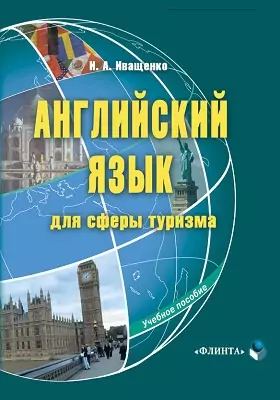Английский язык для сферы туризма
Место издания: Москва
ISBN: 978-5-89349-744-1
Страниц: 266
Артикул: 11443
Краткая аннотация книги "Английский язык для сферы туризма"
В пособии предлагается материал по темам: «Отели», «Туризм», «Транспортные услуги», «Питание», «Направление развития и рекламирование в туризме», «Работа в сфере туризма», «Развлечения», «Осмотр достопримечательностей», «Проведение конференций». Тексты включают материалы зарубежной прессы, что дает возможность не только совершенствовать навыки владения английским языком, но и узнать много полезной информации о тенденциях развития в индустрии туризма в мире. Структура учебного пособия предполагает развитие всех навыков речевой деятельности. Для лиц, интересующихся туризмом, а также для студентов специальных учебных заведений, владеющих английским языком на уровне Preintermediate.
Содержание книги "Английский язык для сферы туризма"
Первая часть
Unit 1. Hotels
Unit 2. Tourism
Unit 3. Transportation
Unit 4. Food Service
Supplement
Вторая часть
Unit 5. Development and Promotion in Tourism
Unit 6. Working in Tourism
Unit 7. Entertainment
Unit 8. Sightseeing
Unit 9. Conference Facilities
Supplement
Все отзывы о книге Английский язык для сферы туризма
Отрывок из книги Английский язык для сферы туризма
Text 2 T H E R Y O K A N E X P E R I E N C E — IS I T FOR YOU? by Charles N. Barnard The first time I stayed in a Japanese inn, or ryokan, I thought I had never been more uncomfortable in my life. This was years ago, in Kyoto, in October. The peculiarly furnished room with its straw-mat floors and paper walls turned icehouse cold during the night, a party o f drunken Japanese thundered songs in the next room, the toilet could be reached only by putting on a pair o f wooden sandals and clogging along a stone path to a smelly outhouse — and break¬fast, when i t came w i t h the dawn, consisted o f a dozen or more dinky boxes and bowls containing pickles, dried fish, which I could not identify. There are some 90,000 authentic inns in Japan, many o f them dating back several centuries. Their numbers decline every year as competition from western-style hotel increases. For the most part, they are quaint aggregations of inter-connected wooden buildings, which sprawl around in a country setting. many are in hot-spring areas. most have a formal garden. Some ryokan are converted from old Samurai mansions; some from the estates o f wealthy merchants. (Ryo — travel. kan — mansion.) Perhaps the single most important fact about ryokan is that all have, as their most essential and traditional facility, a public (but not necessarily unisex) bath, the ofuro. Visitors to Japan are often urged to try at least one night in a ry-okan "as an experience." This will not be as easy as checking into a hotel, however. I t is possible to make reservations at some ryokan through U.S. travel agents, but a wider range o f accommodations will be available through any Japanese agency after arrival in To¬kyo. The choice w i l l come from a select list o f about 2300 inns, which are members o f the Japan Ryokan Association. Although often rustic and plain in appearance, ryokan are not usually low-cost accommodations. Charges typically include one dinner and one breakfast and are st...
С книгой "Английский язык для сферы туризма" читают
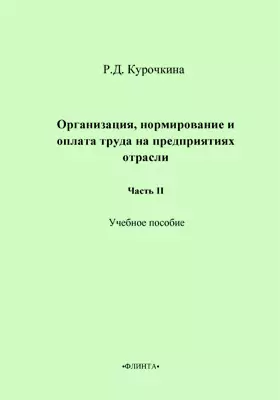
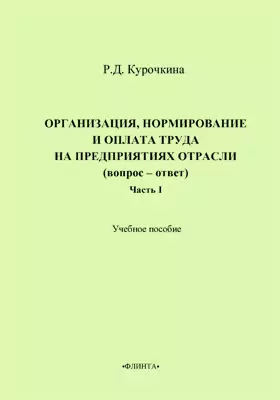
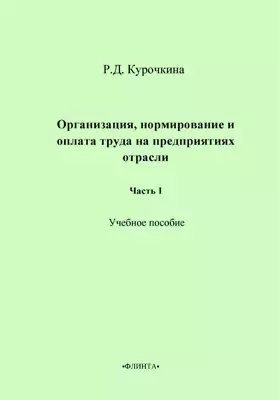
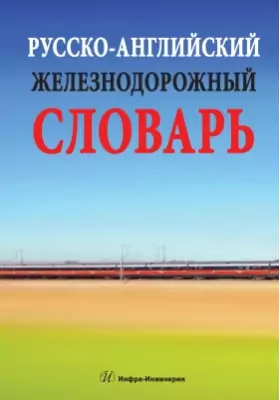
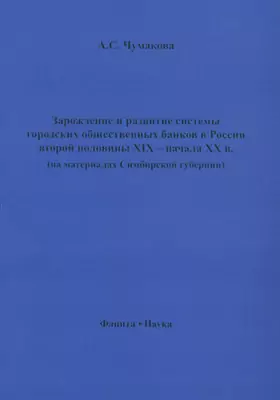
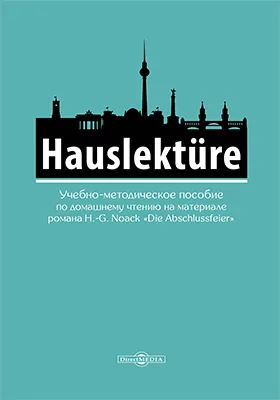

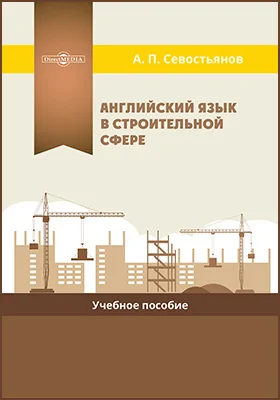

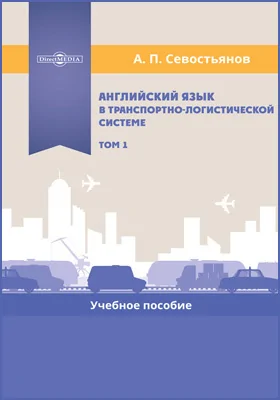
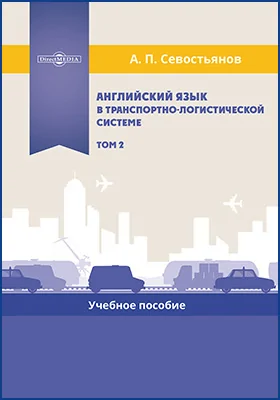
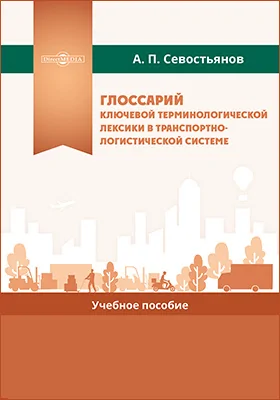
Бестселлеры нон-фикшн
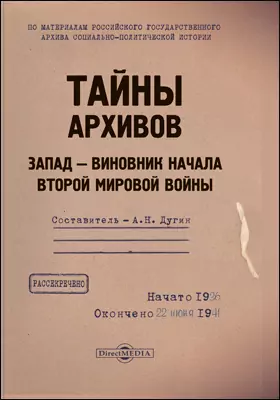

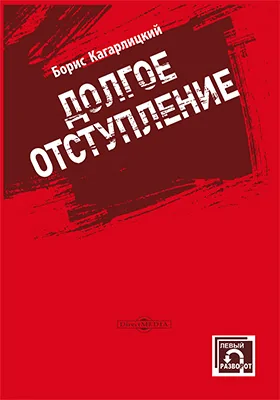

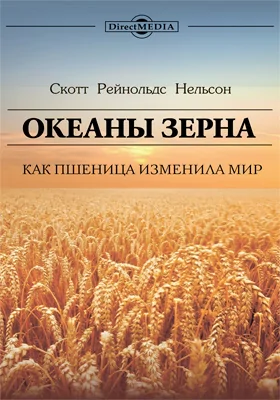
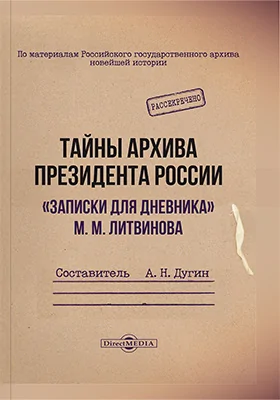
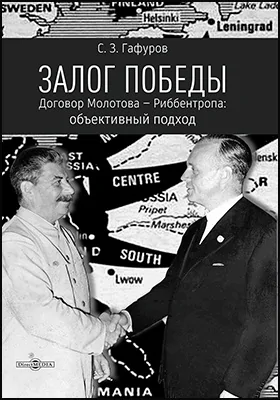

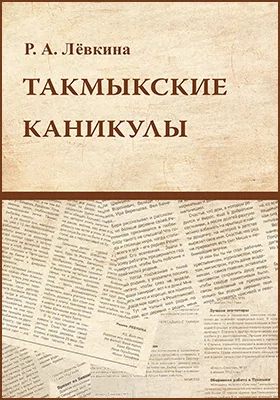
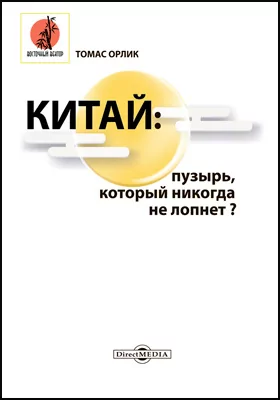


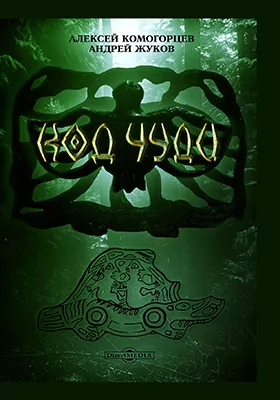
Новинки книги нон-фикшн

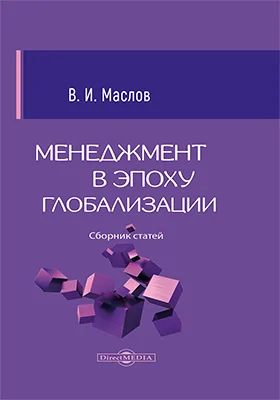
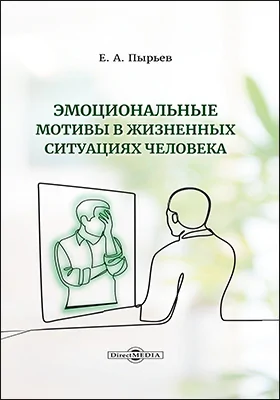


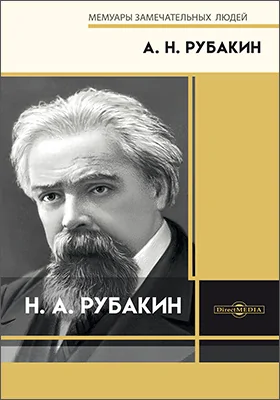



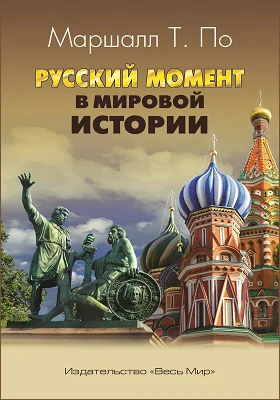

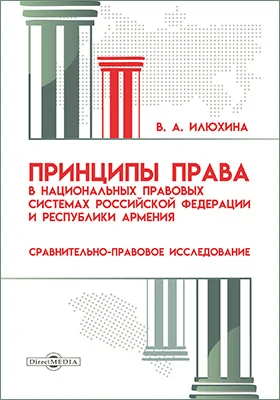

и мы свяжемся с вами в течение 15 минут
за оставленную заявку

